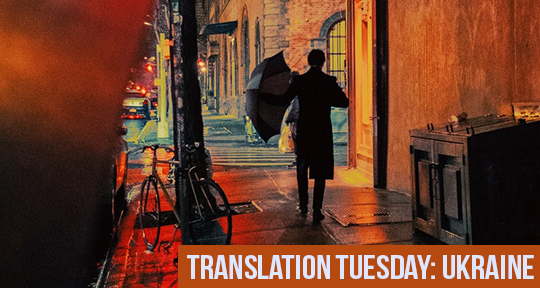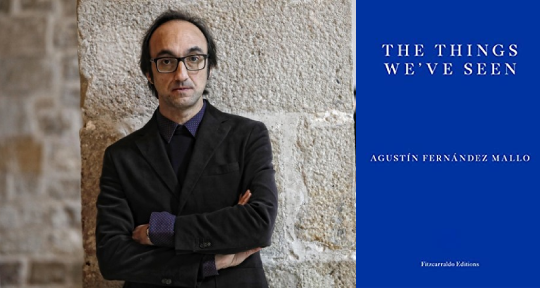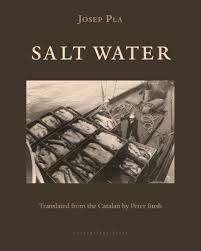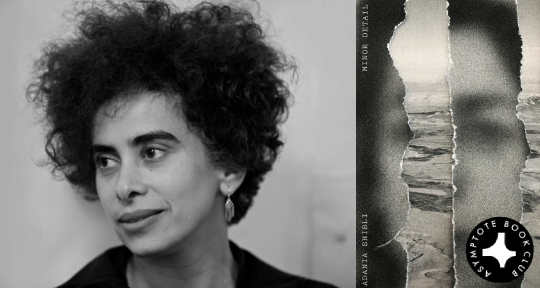This week, our editors from around the world report on an international poetry volume in support of human rights, an author talk between two Salvadoran poets, and an online exploration of the history of Jerusalem that includes a wealth of Palestinian literature. Read on to find out more!
Peera Songkünnatham, Editor-at-Large, reporting from Thailand
Five Thai poems got a chance to shine in the company of poems in English, Spanish, Portuguese, French, and Swahili. On June 15, the Human Rights Defenders Poetry Challenge, organized by Protection International together with its partners from ProtectDefenders.eu and the University of York, concluded with an awards ceremony and a booklet launch. As part of the #StayWithDefenders campaign, the challenge called on “all creatives, activists and advocates for human rights” to submit poems honoring those who “have suffered, succeeded, fought and fallen.” The top three winners were announced from a pool of thirty finalists, five from each of the languages. You can read the booklet here; every poem not originally in English is accompanied by an English translation. How nice it is for poets to slip through the political and poetical confines of their countries into an ad-hoc international space, at least virtually on Zoom and in translation.
“To be a poet in this country is like being in a cage,” stated Mek Krueng Fah about Thailand upon winning third place overall. His poem “Remember, we’re all by your side” (โปรดจำไว้.. เราต่างอยู่ข้างเธอ) manages to console even as it stares into an unrelenting bleakness: “On the road of fighters that will know no end, / The ones who came before lie dead, uncovered; / Their bodies caution ‘watch your step, my friend,’ / And nightly, to protect, their spirits hover.”
First place went to “The Full Truth” (Ukweli Kamili) by Martin Mwangi from Kenya. The poem deftly impersonates the flippant attitudes of shrewd politicians who speak in half-truths: “Welcome, it is here that we will give you vegetable rice while we eat pilau rice / then if you complain we’ll say be thankful at least you ate. / However, for how long shall you live with these half-truths of at least? / I don’t know, answer that yourself.” Second place was awarded to María del Campo from Uruguay, whose “To Those Afraid of Windmills” (A quienes les temen los molinos) will make human rights defenders—“those who slip through the cracks and pose a threat to the wall as bridge, brick, step, door”—feel seen and touched. READ MORE…


















